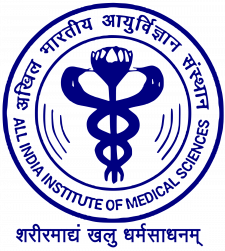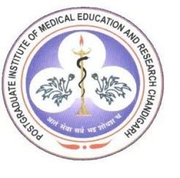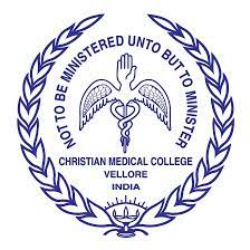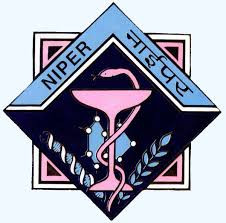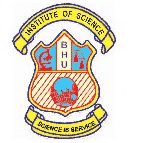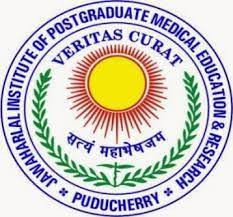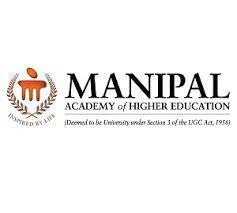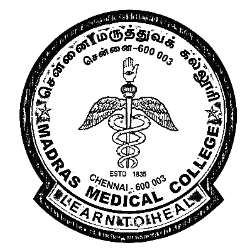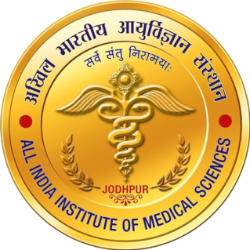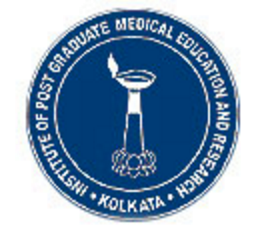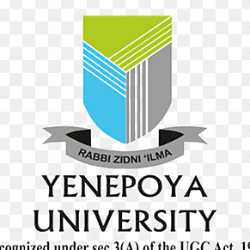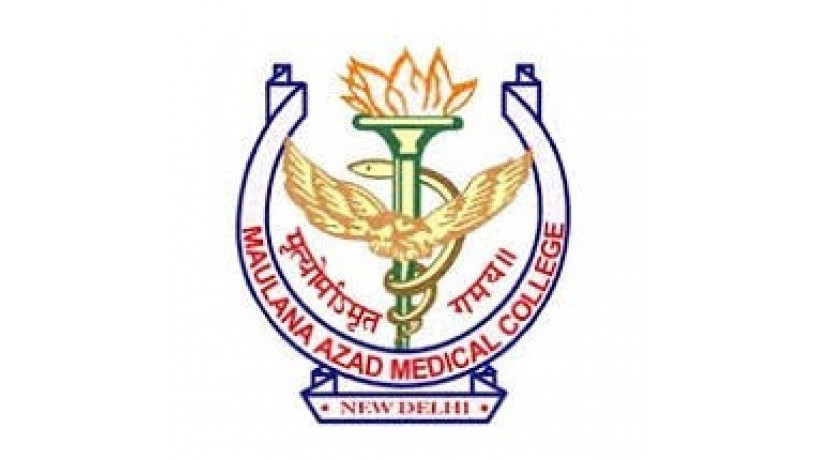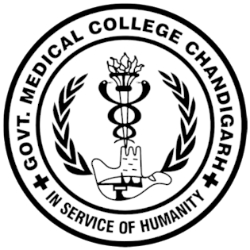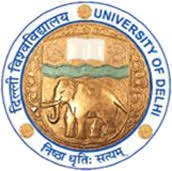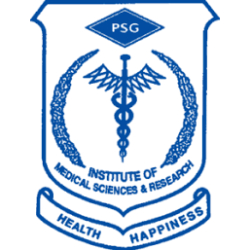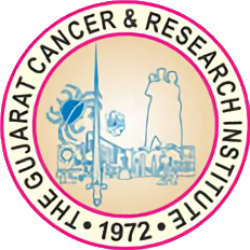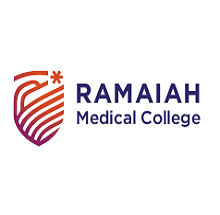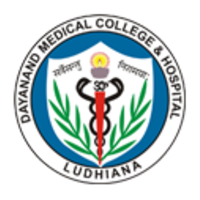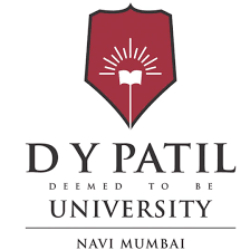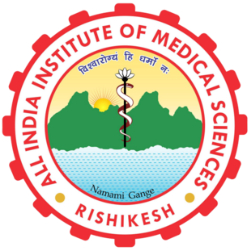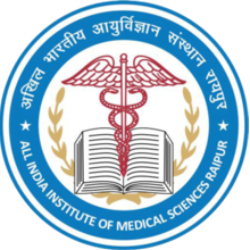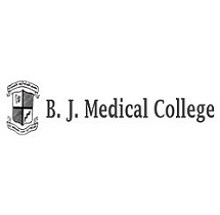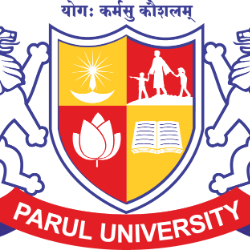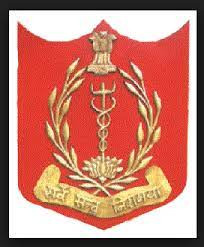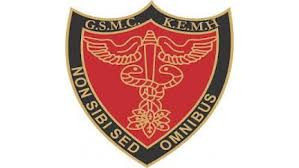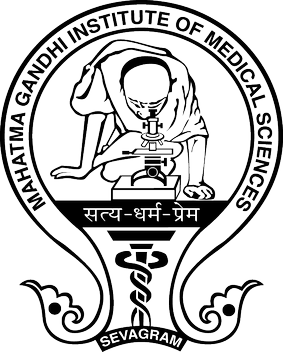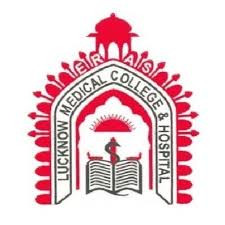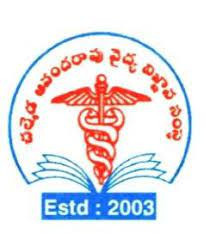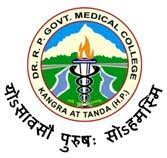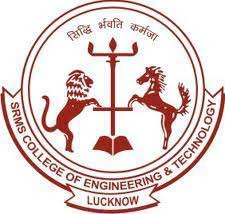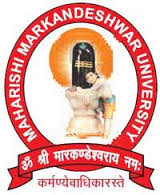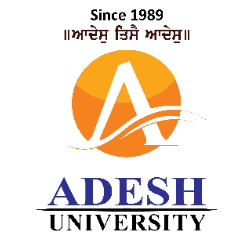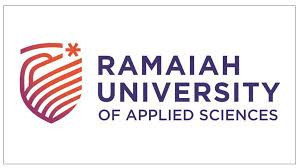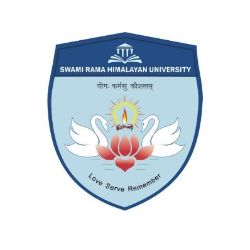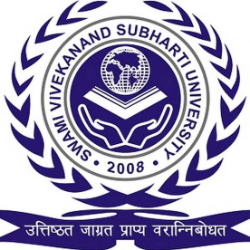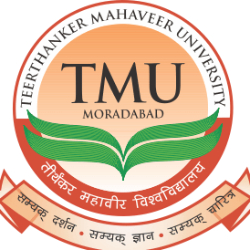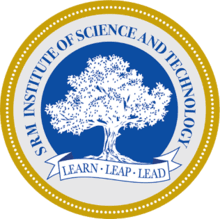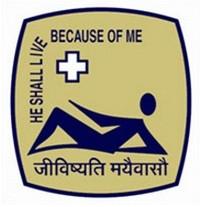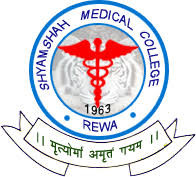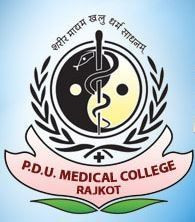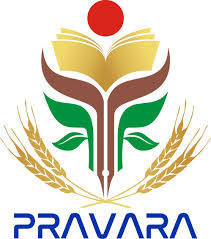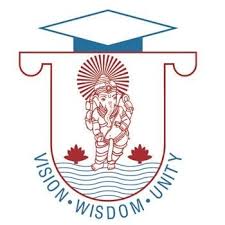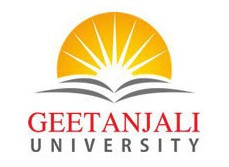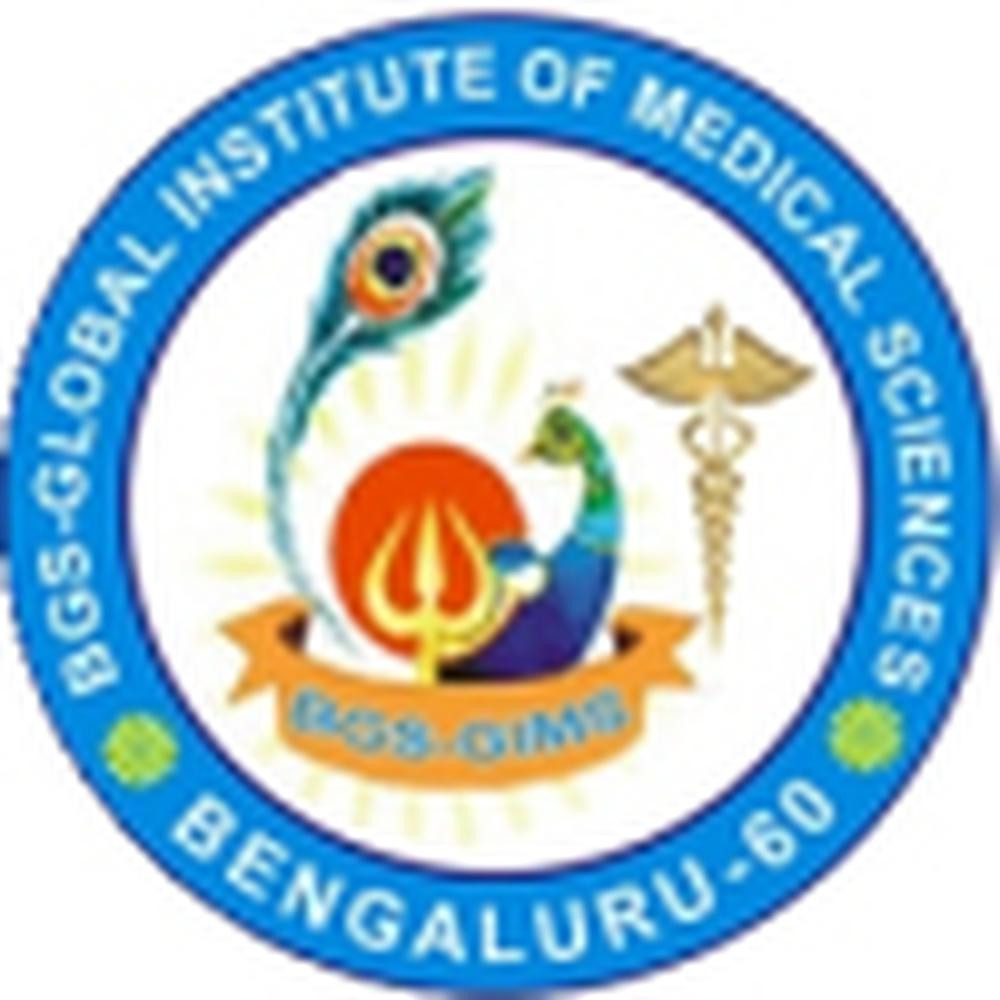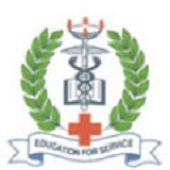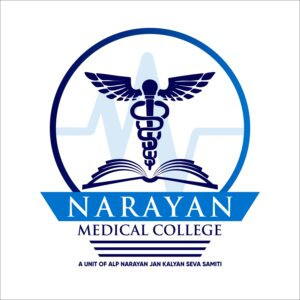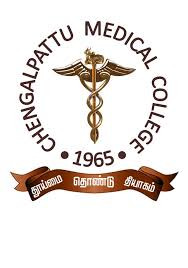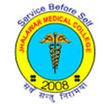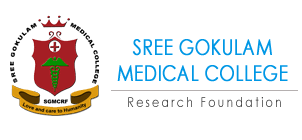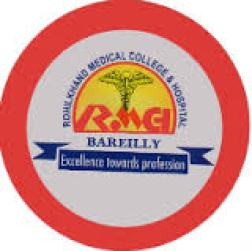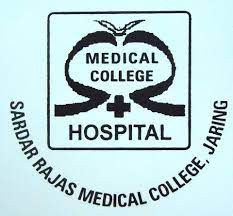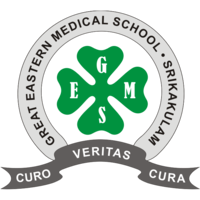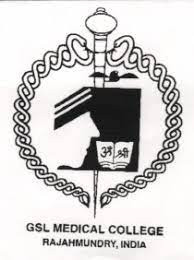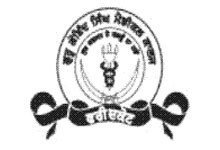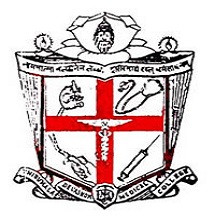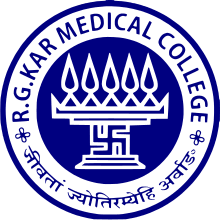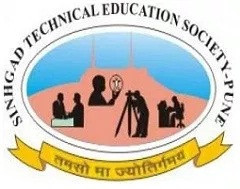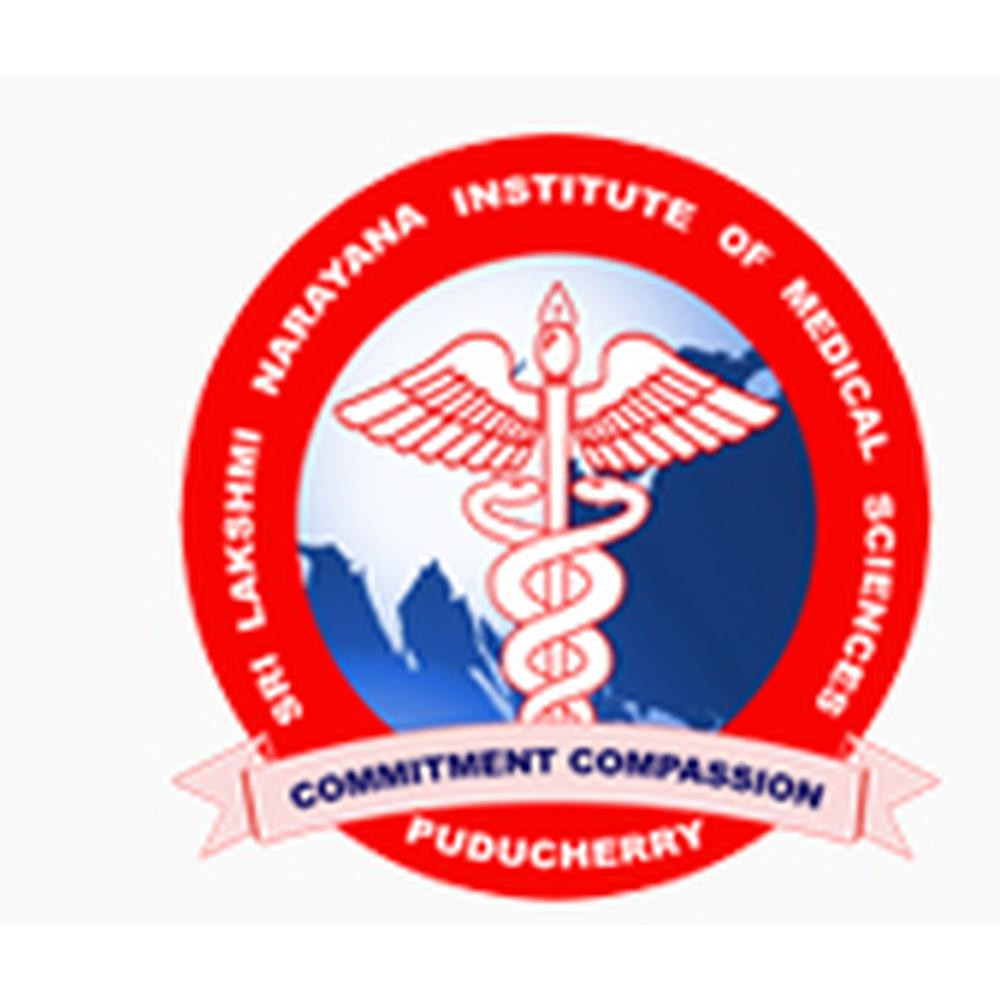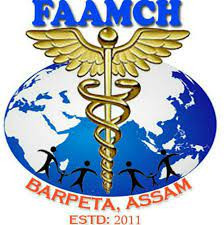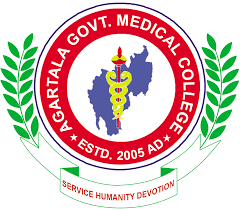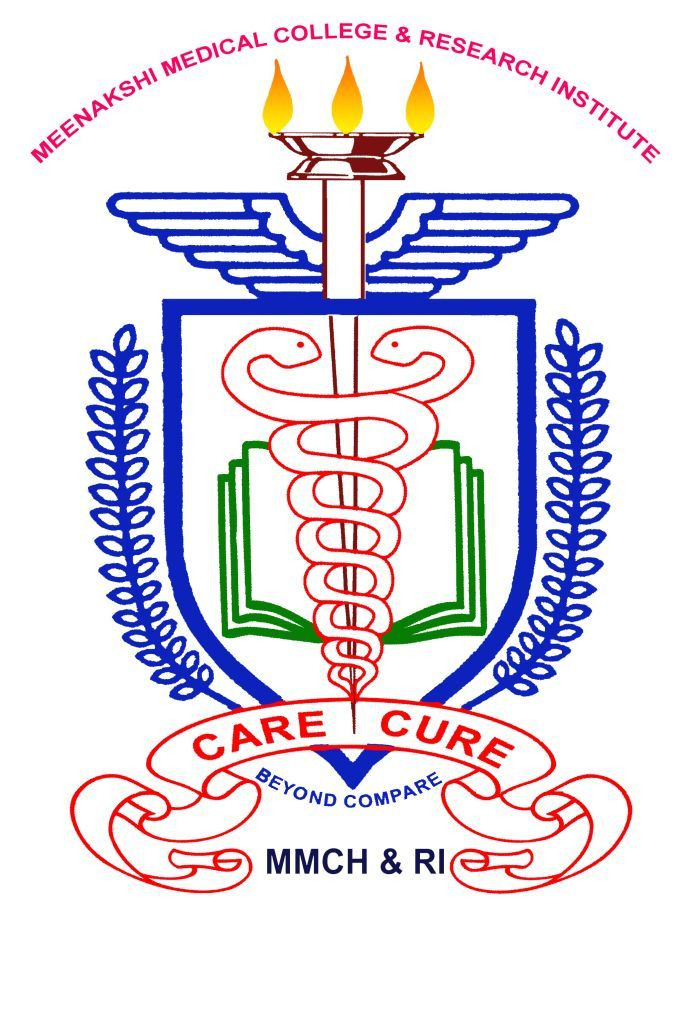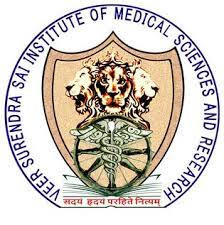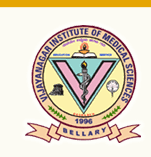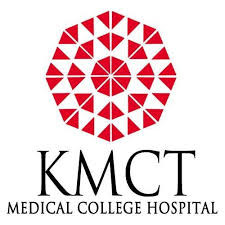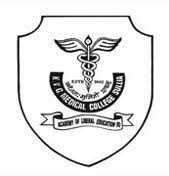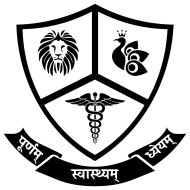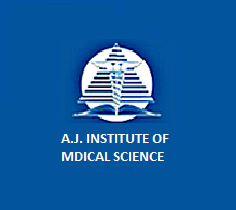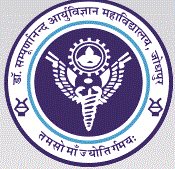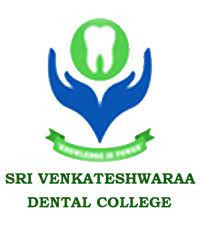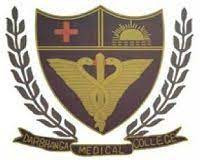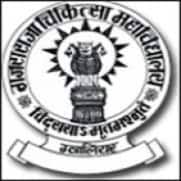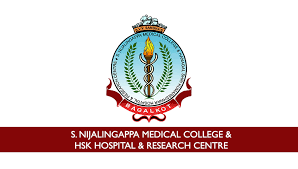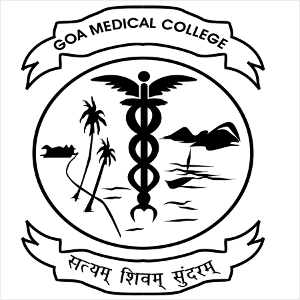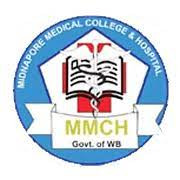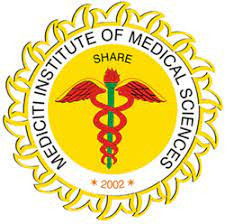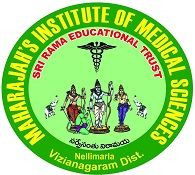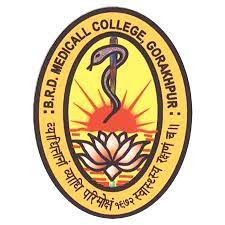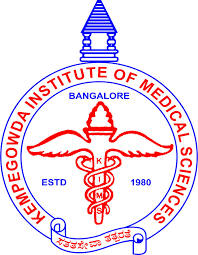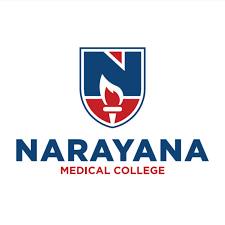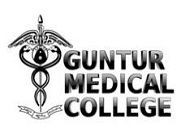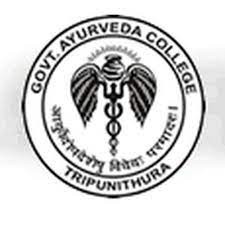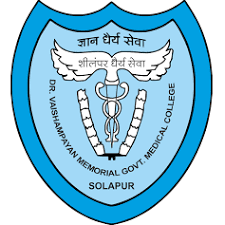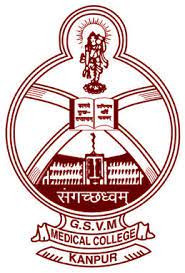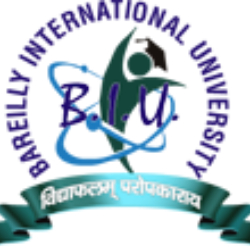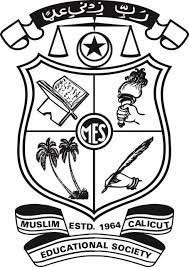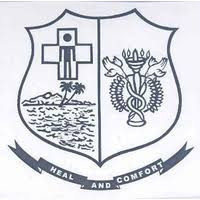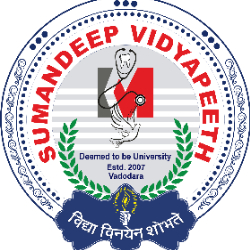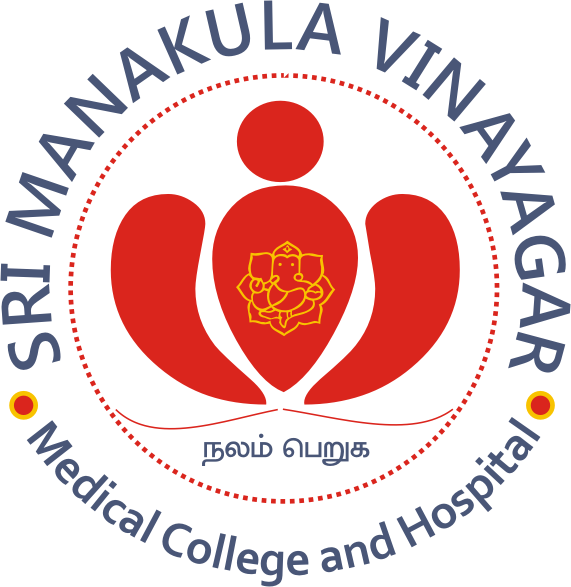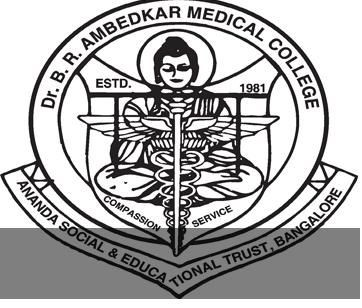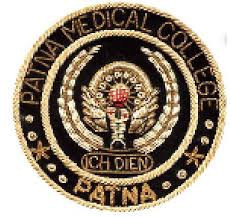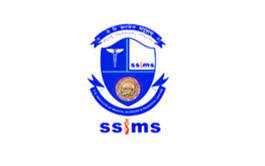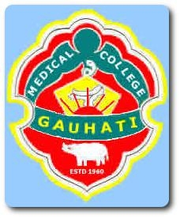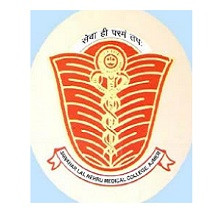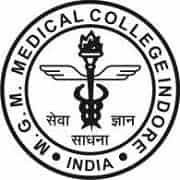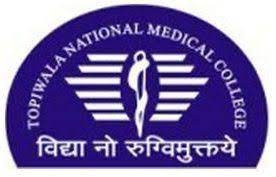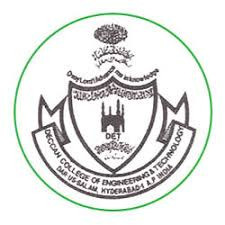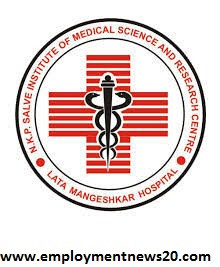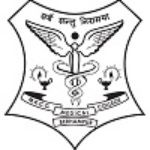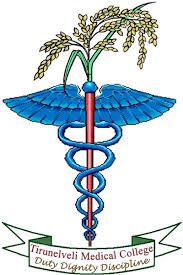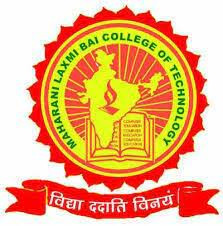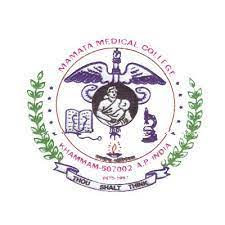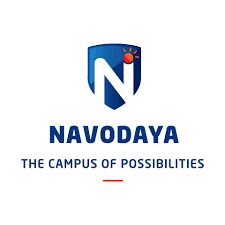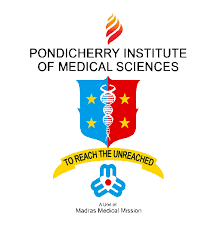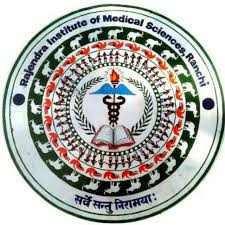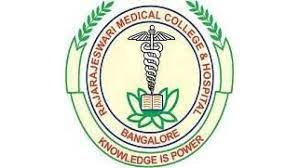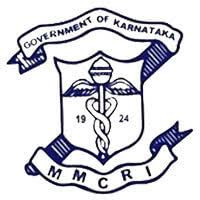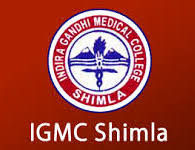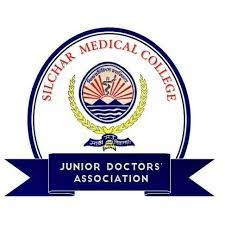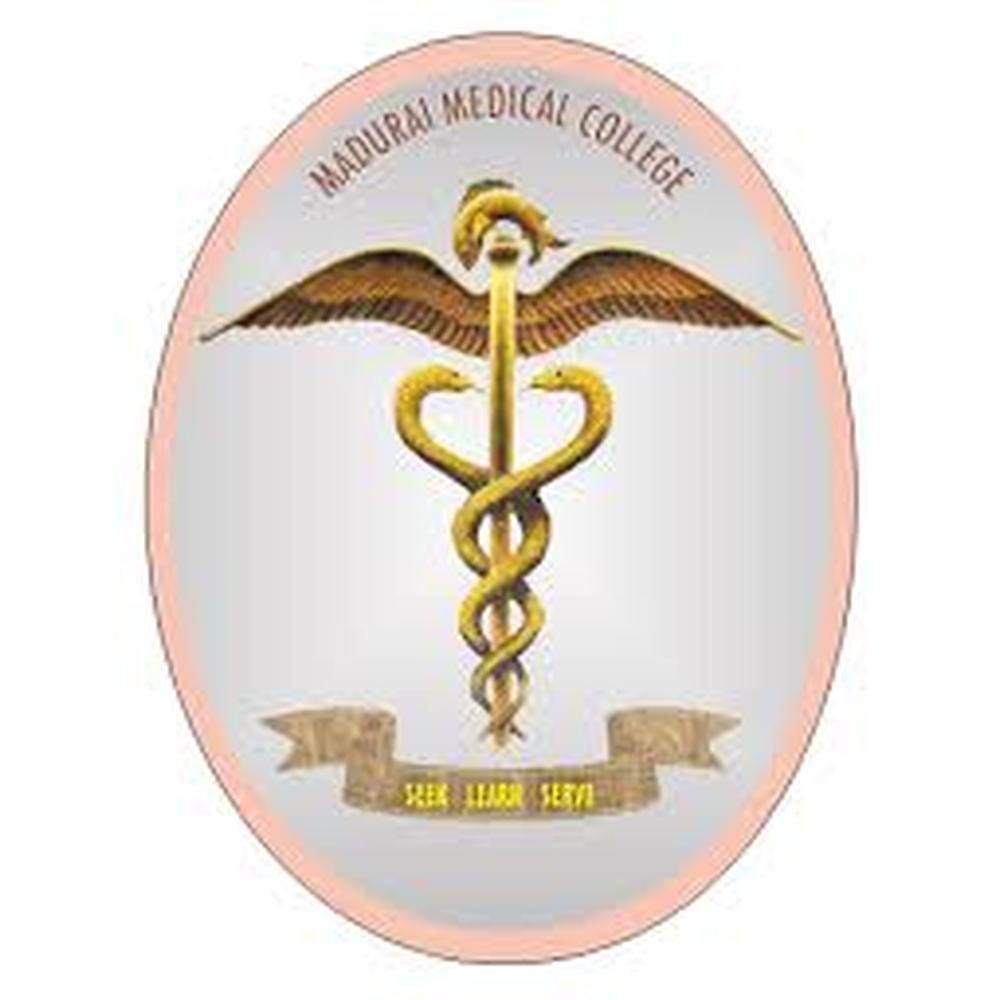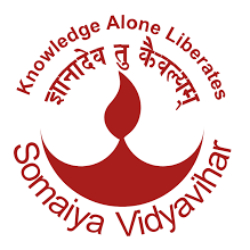Highlights: -
|
Degree Name |
Doctor of Medicine |
|
Level |
Postgraduate |
|
Duration of the course |
3 years |
|
Eligibility |
MBBS with minimum 50% Aggregate marks |
|
Education mode |
Full-time |
|
Admission Process |
Merit and Entrance Exams |
|
Entrance Exams |
NEET PG, PGIMER, INI CET, AIIMS PG, JIPMER |
|
Fees of the course |
Rs 1,000 - Rs 50.00 Lakhs |
Eligibility Criteria: -
- Candidates must be MBBS graduates from a recognised educational institute.
- Candidates must have secured a minimum of 50% aggregate marks.
- Candidates must clear the cut off of the entrance exam for admission in MS.
Syllabus for MS:
The MS syllabus will vary from college to college, but the course aims and subjects shall remain the same; the subject distribution over the syllabus may differ, but the study matter remains consistent. Nevertheless, candidates should check the official website to know the complete syllabus. Here is a general guide to MS syllabus design, as commonly followed by Indian colleges:
|
Semester 1 |
Semester 2 |
|
Basic Medical Sciences:
|
General Surgery:
|
|
General Surgery:
|
Speciality Rotation:
|
|
General Medicine:
|
|
|
Anesthesiology:
|
|
|
Semester 3 |
Semester 4 |
|
Advanced Specialty Training:
|
Clinical Postings:
|
|
Research Work:
|
Thesis Work:
|
|
Semester 5 |
Semester 6 |
|
Clinical Practice:
|
Clinical Postings and Electives:
|
|
Preparation for Exams:
|
Exams:
|
Specialisations in M.S: -
|
Specialisations |
Meaning of Specialisation |
|
General Surgery |
This specialisation covers a wide range of surgical procedures involving the abdomen, digestive tract, breast, skin, soft tissues, and more. |
|
Orthopaedic Surgery |
Focuses on the diagnosis, treatment, and prevention of disorders and injuries related to the bones, joints, ligaments, tendons, and muscles. |
|
Obstetrics and Gynecology (OBG) |
Concentrates on the medical and surgical management of female reproductive system health, pregnancy, childbirth, and related issues. |
|
Otorhinolaryngology (ENT) |
Deals with the diagnosis and treatment of disorders related to the ear, nose, throat, head, and neck, including surgical procedures for conditions like tonsillitis, sinusitis, and ear infections. |
|
Ophthalmology (Eye) |
Specialises in the diagnosis and treatment of eye diseases, including surgical interventions such as cataract surgery, refractive surgery, and corneal transplantation. |
|
Urologist |
Focuses on the medical and surgical treatment of disorders affecting the male and female urinary tract system and the male reproductive organs. |
|
Plastic Surgery |
Involves reconstructive and cosmetic surgical procedures to repair or reshape parts of the body, including procedures like breast augmentation, rhinoplasty, and liposuction. |
|
Cardiothoracic Surgery |
Concentrates on surgical procedures related to the heart, lungs, and other thoracic organs, including coronary artery bypass grafting, heart valve repair/replacement, and lung resection. |
|
Neurosurgery |
Deals with the surgical treatment of disorders affecting the nervous system, including the brain, spinal cord, and peripheral nerves. |
|
Paediatric Surgery |
Focuses on surgical procedures involving infants, children, and adolescents, covering a wide range of conditions such as congenital anomalies, trauma, and tumours. |
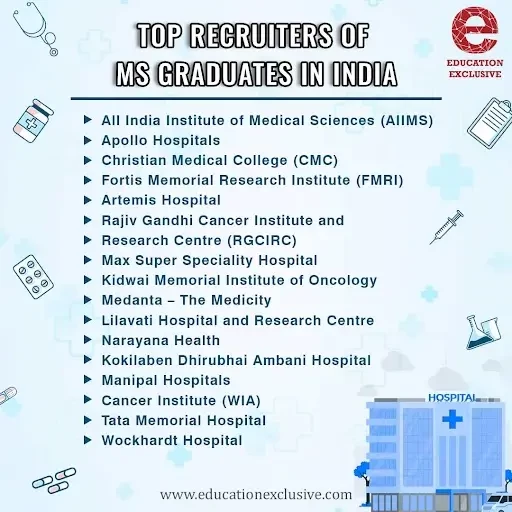
FAQs
- What are the specialities which are offered under MS?
The specialisations that are available and can be chosen by MS aspirants are ENT (Ears, nose, and throat), Obstetrics & Gynaecology, Orthopaedics, General Surgery, Ophthalmology, Otorhinolaryngology, Traumatology & Surgery.
- What is the salary of an MS surgeon in India?
The salary of a Master of Surgery surgeon in India can vary based on several factors, including the surgeon's level of experience, the specific surgical speciality, the location of practice, the type of healthcare institution the average salary for fresher is around INR 1,00,000 - INR 2,00,000 per month.
- Is NEET PG the only qualifying exam to get admission to the Master of Surgery course?
No, NEET PG is not the only entrance exam to quality or this course another entrance exam for MS is INI CET. However, most of the colleges accept students based on their NEET PG scores.
- Apart from Surgeons, what other job opportunities are available for an MS degree holder?
Apart from becoming a Surgeon, an MS Degree can also work as a Lab technician with a 4-5 Lakh salary. Additionally, they can also work as researchers at different research institutes with good salaries.
- In how many years, one can complete MS?
Master of Surgery or MS degree is a three-year-long postgraduate medical degree programme.
Other medical courses and specialisations: -
M.D, MBBS, B.Pharm, B.Sc, M.Pharm, Diploma, Dental, Paramedical, Pharmacy, Dietetics & Nutrition, Ayurved.


